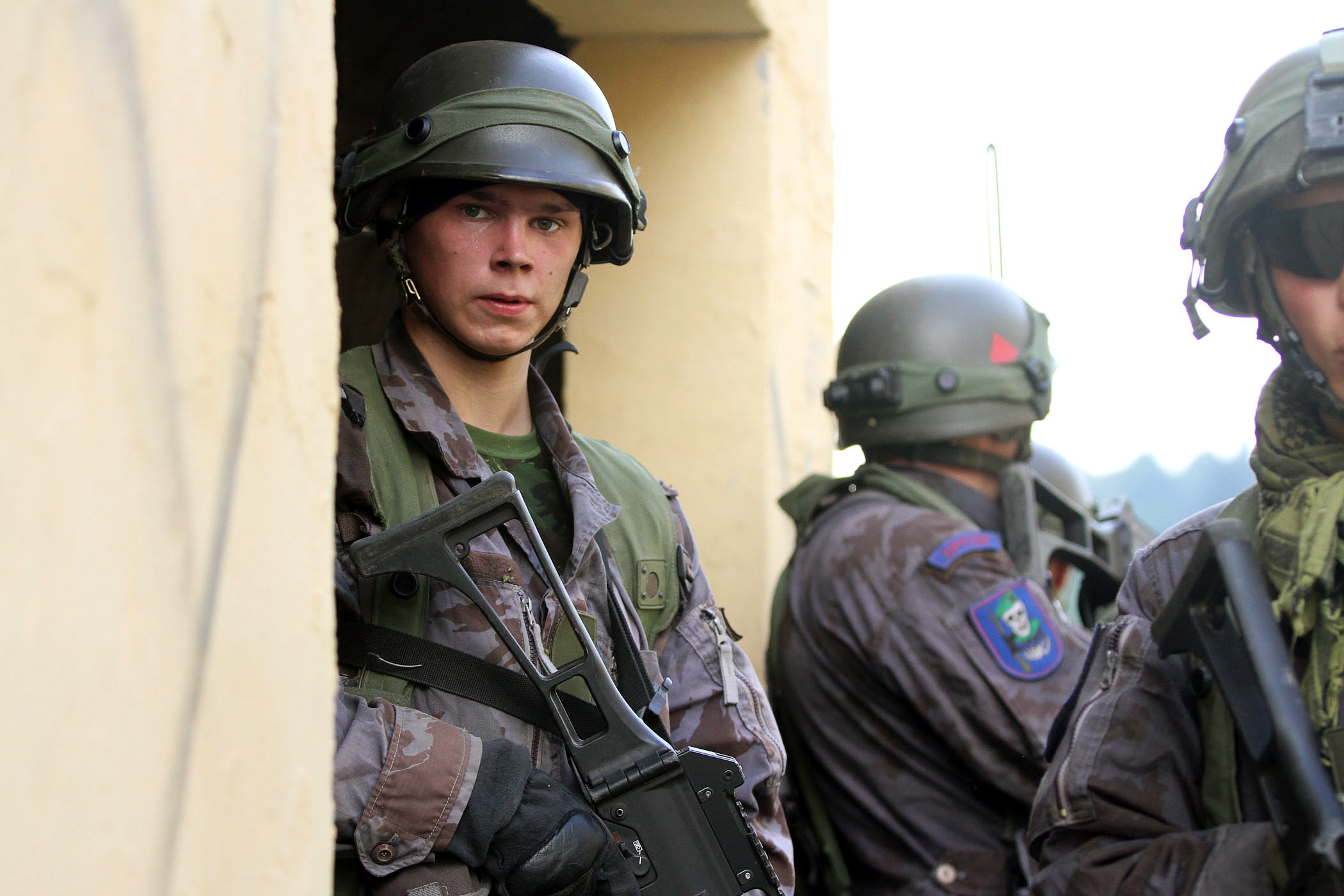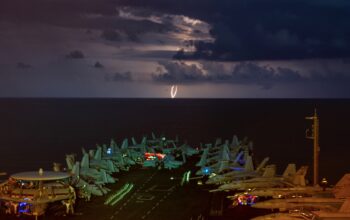If Germany has a “no more” moment that is deeply ingrained into its national consciousness, it is to never allow fascism to rise again. For Poland and the Baltic states, it is probably to prevent any enslavement under foreign dominion. In the light of the situation in Ukraine, where Russia utilised the political turmoil to press its own agenda and to occupy the Crimean peninsula and the Donbass region by disguising soldiers as irregular forces and sending weapons to local insurgents, many states in the Eastern parts of Europe feel somewhat uncomfortable. Lithuania, afraid of its Russian neighbour, is stepping up its defences.
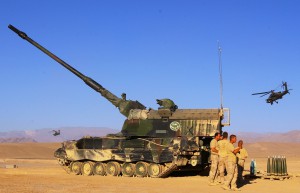
Over the course of the last few months, Lithuania has taken up negotiations about several arms deals with its allies. One of the most striking ones is the possible delivery of PzH 2000 self-propelled howitzers from Germany. However, this arms deal has not yet been concluded. Projects like these will be financed from the defence budget, which has increased drastically by 20% from 2013 to 2014 and another 32% from 2014 to 2015. Previously, it had seen major cuts due to the recession caused by the financial crisis in 2008.
Plans to reintroduce mandatory conscription for men have also been announced. Mandatory military conscription had been abolished a few years ago, but since opting for a professional army did not yield a sufficiently high troop strength, this decision will now be reverted. If everything goes as planned, about 3,000 to 3,500 new soldiers will be drafted every year starting from September, with exemptions for university students, single fathers and the like. Before the new recruits can be drafted, though, the law first needs to be passed by the parliament.
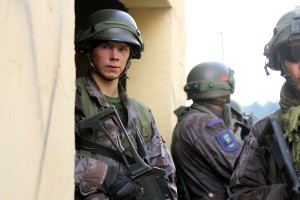
Apart from this military build-up, Lithuania will also receive foreign aid in the form of NATO soldiers that will be stationed there as part of a new task force. While the USA parades around military vehicles in the eastern parts of Europe in a show of force, Germany has agreed to send 500 soldiers. Joint military exercises with the newcomers and neighbouring countries are also in the planning, and new alliances are also on the horizon, most prominently the joint brigade Lithuania will form with Poland and Ukraine.
However, Lithuania has some of those advantages Ukraine did not have. Other than Ukraine, Lithuania has not isolated itself politically. Lithuania is a member of both the EU and NATO and can thus count on the support from Western allies. This diminishes the probability of an actual Russian intervention in the country. Also, it might be difficult for Moscow to legitimise any actions against Lithuania. Here, ethnic Russians only account for 5.8% of the population. Also, they have the same rights as any other Lithuanian. In this regard, Estonia and Latvia are far more prone to be targeted, as they have Russian populations of 25 and 27 percent respectively.
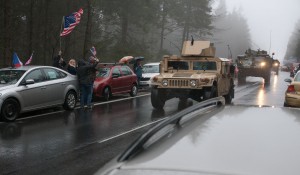
How, then, will Russia target Lithuania? The answer seems to lie in the Polish minority, which constitutes about 6.6% of the country’s population. While this might not seem like a lot, they are still a political force to be reckoned with. The Electoral Action of Poles in Lithuania (AWPL), a political party representing the Polish minority, mostly sides with the Lithuanian Russian Union in elections to form an electoral union, and its leadership has close ties to Russia. Support for the party has risen over the years. In the 2012 parliamentary elections, it accounted for 5.83% of votes, and has since managed to increase its share of votes to about 8% in the presidential, municipal and European elections. Moscow could utilise the Polish minority to destabilise Lithuania politically.
By Michael Schätzlein
Image credit:
Picture 1: Andrew.CZ, licensed under CC BY 2.0
Picture 2: U.S. Army Europe Images, licensed under CC BY 2.0
Picture 3: David Axe, licensed under CC BY-NC 2.0
